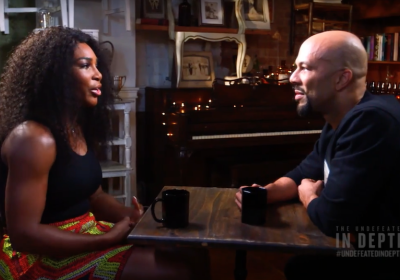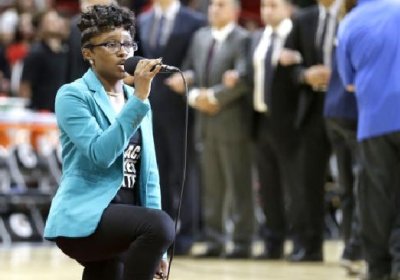One of the best tennis players and athletes of all time, US star Serena Williams has been scrutinised so much for being a strong, Black woman that she herself began to doubt her own strength and body, the star told her long-time friend and rapper, Common, in a special ESPN interview last month.
“There was a time where I didn’t feel incredibly comfortable about my body because I felt like I was too strong,” Williams said during the one hour-long ESPN special, The Undefeated In-Depth: Serena with Common.











